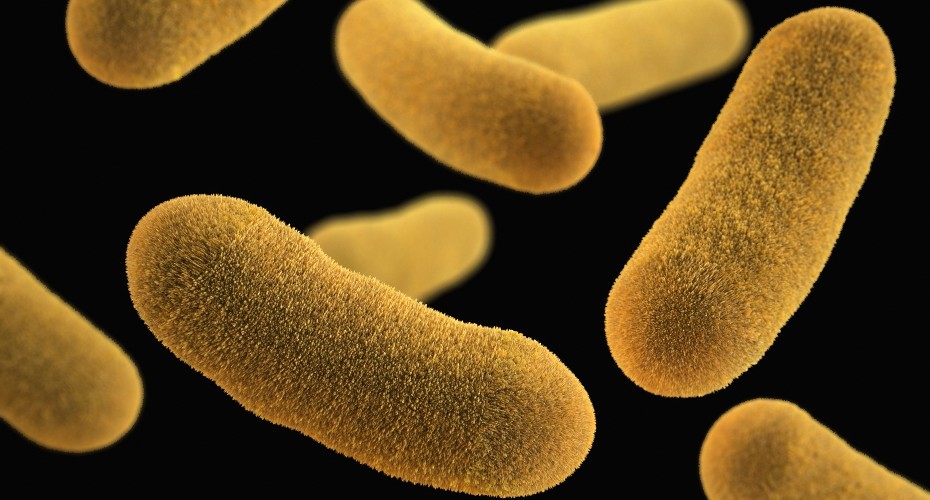Researchers take joint approach to tackling antimicrobial resistance

Dr Stefano Pagliara, a researcher at the Living Systems Institute, recently led a studentship project to discover how phage, viruses which infect only bacteria, can counteract E. coli infections, making a remarkable breakthrough.
In the wake of Covid-19, a new health risk is on the horizon. Antimicrobial resistance (the process by which bacteria change and become resistant to treatments, such as antibiotics) poses a significant threat to public health, making it more likely that diseases will lead to severe illness and death. The statistics paint a troubling picture: antibiotic resistant infections were the direct cause of 1.27 million deaths worldwide in 2019.
A promising alternative to antibiotics has emerged. Bacteriophage, otherwise known as phage, – are viruses that kill bacteria and, unlike other viruses, cannot harm humans. Research into phage, largely abandoned in the 1940s as antibiotic treatments surged, is now developing quickly as the threat of antimicrobial resistance grows.
Dr Stefano Pagliara, an Associate Professor at the LSI whose research focuses on understanding how these microbial cells interact with their environment, is working in close partnership with the Defence Science and Technology Laboratory (Dstl) to develop a stronger understanding of how phage can be used to treat specific diseases.
His most recent collaboration with Dstl, an industrial PhD studentship, studied how phage could treat E. coli infections. Using technology at the Living Systems Institute which allows researchers to look at individual bacteria cells, Stefano’s team investigated how E. coli bacteria respond when they come into contact with phage.
During this process, they discovered something remarkable: that an E. coli cell behaves and interacts with phage differently when isolated, in comparison to being part of a cluster of thousands of E. coli cells. Given that infections such as E. coli can colonise different areas in a patient’s body, understanding how they interact with phage in these environments is key. Uncovering this new type of phage behaviour, not only broke new ground, but helped to push forward the scientific community’s understanding of exactly how phage viruses can operate successfully as treatments for bacterial infections.
Following the breakthrough, the research was published in PLoS Biology and led to Dstl funding two further studentship projects with the LSI.
One of these projects, starting in January 2023, will investigate how phage can be used to treat a different type of bacteria. Significantly, the project will also look at the effectiveness of using phage alongside current antibiotic treatments when tackling this type of bacteria, taking a ‘double-pronged’ approach they hope will bolster the strength of future phage treatments.



